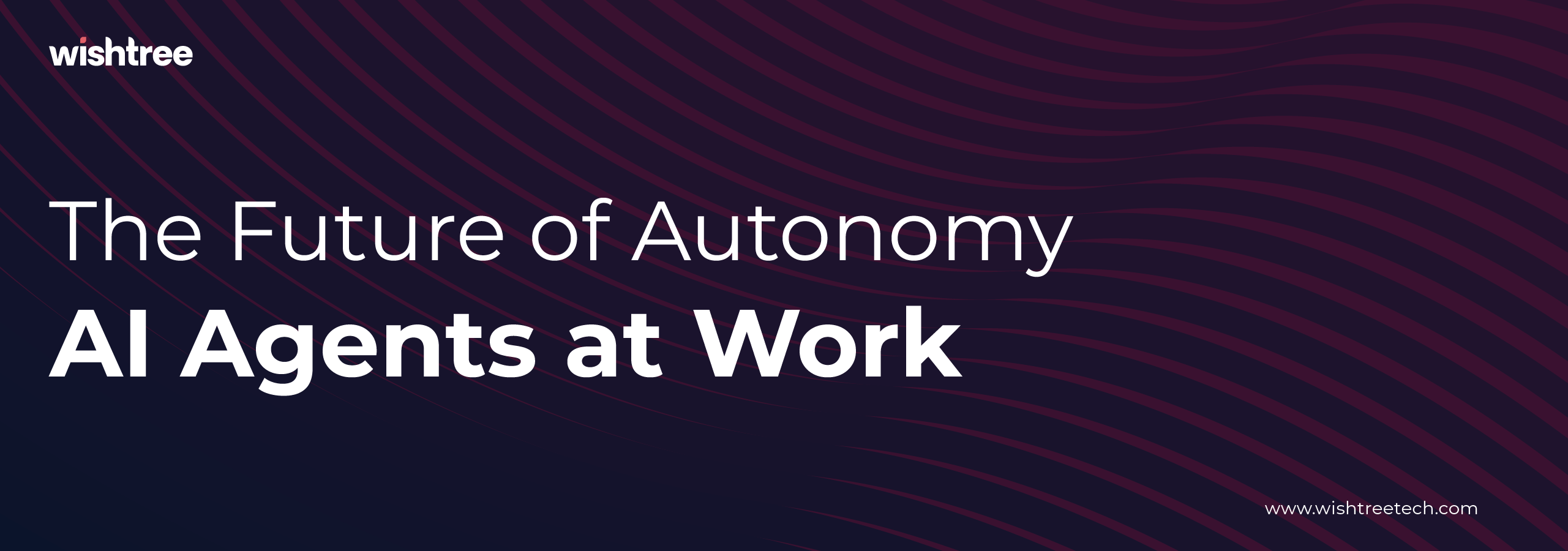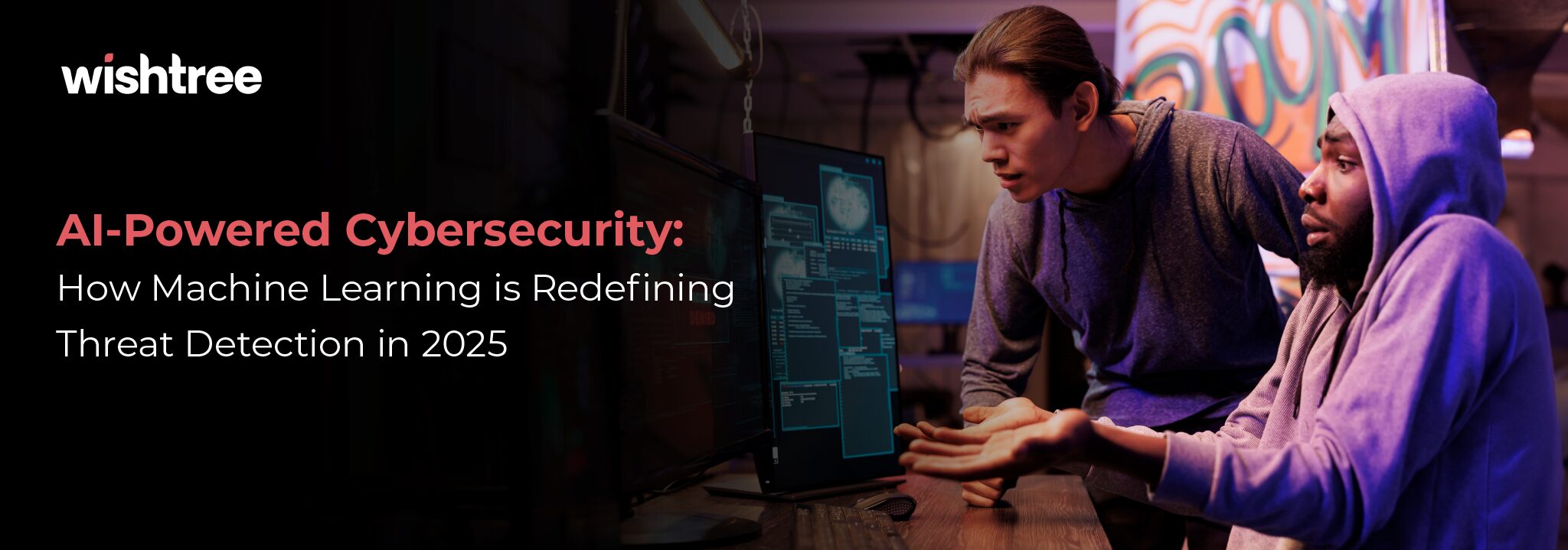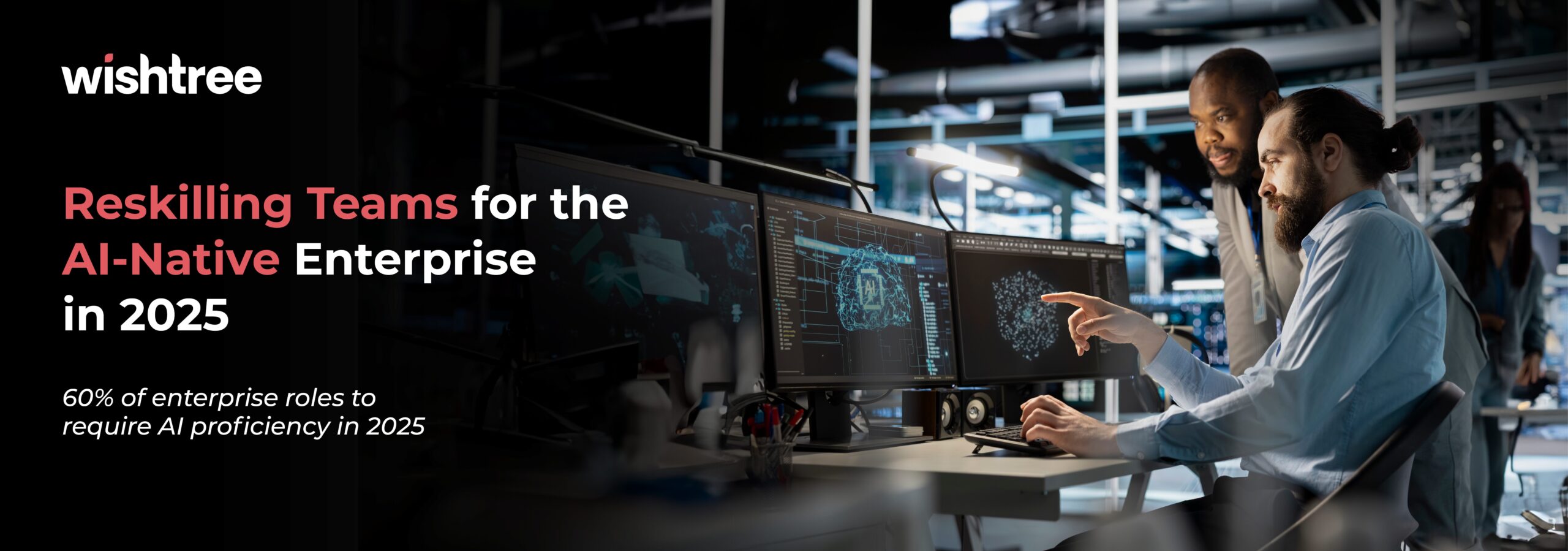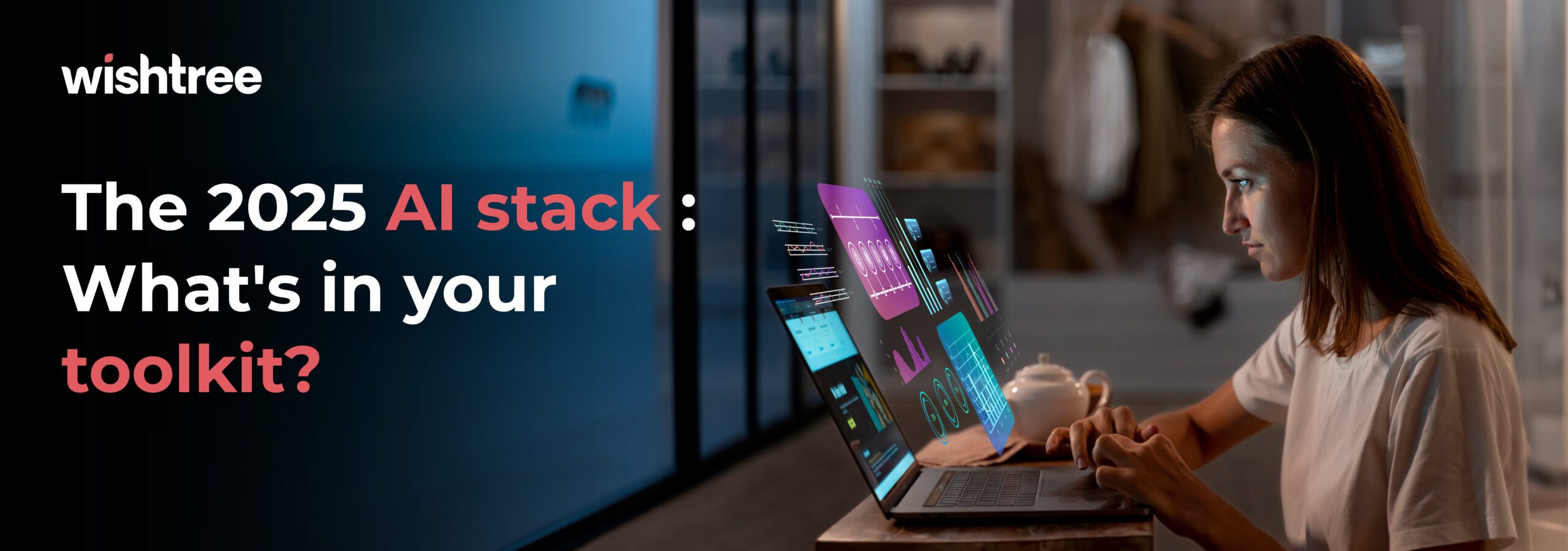Table of Contents
Introduction
Various kinds of AI agents exist, each built with particular skills to tackle different levels of decision-making and independence. These can go from simple systems based on rules to sophisticated learning machines. So, while AI agents can often act on their own, they still usually need some level of human help or oversight.
Autonomous AI Agents: The Next Level
On the flip side, AI agents designed to be self-governing can work without any human direction. They have the ability to reason, take action, and gain knowledge independently, making them incredibly useful in many different fields. These agents can adapt to fresh circumstances, learn from what they’ve gone through, and make choices using their own inner workings.
AI Agents vs. AI Tools
- Autonomy: AI agents are built to work on their own. In contrast, AI helpers often need a person to give them instructions or direction.
- Learning and Adaptation: AI agents can pick things up from what they’ve done and change how they act in new situations. AI helpers might not be able to do this as much.
- Goal-Oriented Behavior: AI agents usually have specific aims they’re trying to reach. AI helpers might be more about doing particular jobs.
Key Characteristics of an AI Agent
- Autonomy: Can operate on their own without the need for continuous human supervision.
- Perception: Can sense and interpret their environment by using different sensors, such as microphones or cameras..
- Reactivity: Can assess their surroundings first, and then respond accordingly so that they can achieve their goals.
- Reasoning and Decision-Making: Can analyze data, and make informed decisions. Can also take appropriate actions by way of reasoning techniques and algorithms.
- Learning: Can learn and improve their performance through deep learning, machine learning, or reinforcement learning.
- Communication: Can communicate with other agents or humans. Can use natural language understanding, text-based messages, and speech recognition.
- Goal-Oriented Behavior: Are designed to achieve specific goals. These goals can be pre-defined or even learned through interactions they have with the environment.
How AI Agents Work
To get better and evolve, AI agents often include a way to learn. Different techniques are used by this learning system, including supervised learning, reinforcement learning, and also unsupervised learning. Now, these very methods are the reason AI can learn from what it encounters and also how it is supposed to interact with its surroundings.
AI agents work by going through a cycle. This cycle consists of seeing, processing, deciding, acting, and finally, learning.
Perceiving the Environment
- Data Collection: Agents gather information from their surroundings through sensors. Also, they may access external data sources.
- Input Processing: The collected data is first processed and then structured for analysis.
Processing Input Data
- Knowledge Base: Agents create or update a knowledge base. Here, they storre relevant information and experiences.
- Data Analysis: They analyze the processed data. This is done to identify patterns, trends, or relevant information.
Decision-Making
- Reasoning: Agents use reasoning techniques. These include employing logic, or using statistical analysis. Then, they can evaluate the available information and make informed decisions thereafter.
- Goal-Oriented Behavior: Predefined goals or learned objectives influence how decisions are made.
Planning and Execution
- Action Planning: Agents develop a plan or a series of detailed steps. This is done as a way to achieve their goals.
- Action Execution: They carry out the planned actions, thereby interacting with their environment.
Learning and Improvement
- Feedback Loop: Agents receive feedback from their actions. This is how they are able to learn from their experiences.
- Adaptation: They are able to adjust their behavior based on the feedback they are given Thus, they can improve their own performance gradually over time.
Examples: AutoGPT and BabyAGI
- AutoGPT: This AI agent can operate on its own to create text that sounds like it was written by a person. It understands the situation and gives back information that makes sense. It uses natural language processing and machine learning to produce text that is clear and helpful.
- BabyAGI: Being an AI agent that can work independently, BabyAGI can learn and carry out tasks without direct help. It can understand what people say, look at pictures and understand them, and follow simple instructions.
AutoGPT and BabyAGI: Pioneers in AI Autonomy
AutoGPT and BabyAGI are truly innovative AI agents that show just how amazing self-governing AI tools can be. These cutting-edge platforms are expanding what we thought AI could do, opening up exciting new opportunities for both companies and individuals.
AutoGPT: A Self-Sufficient AI
AutoGPT is an AI agent that can finish tasks on its own, without needing someone to constantly tell it what to do. Using the powerful abilities of GPT-4 and GPT-3.5, AutoGPT can come up with its own instructions, search for information, and make choices to reach its objectives.
How AutoGPT Works
- Initialization: You give AutoGPT a name and a job to do.
- Learning: It learns from the information you provide to grasp the task and the situation around it.
- Prompt Generation: It figures out its own questions and directions to guide what it does.
- Data Collection: It independently searches for relevant information on the internet.
- Data Evaluation: It sorts through and judges the information it gathers to make sure it’s good quality and actually related to what it’s doing.
- Response Generation: Based on what it has learned, the information it has collected, and the task it was given, it produces a response.
BabyAGI: A Growing AI
BabyAGI is a research project focused on developing AI systems that can learn and gain knowledge from diverse sources, similar to young children. It is built on a combination of powerful AI tools, including Chat GPT-4, LangChain, and Pinecone.
How BabyAGI Works
- Task Generation: BabyAGI generates tasks based on high-level objectives.
- Task Execution: Tasks are sent to an execution agent that uses OpenAI’s NLP capabilities to complete them.
- Result Storage: Task results are stored in Pinecone for future reference.
- Task Prioritization: New tasks are generated and prioritized based on previous results.
AI Agents: Types
AI agents are classified into five main types based on their capabilities and decision-making processes.
- Simple Reflex Agents: They respond to specific environmental stimuli based on pre-defined rules. They are suitable for simple tasks with limited complexity.
- Model-Based Reflex Agents: These AI agents keep an internal picture of how their environment works. This helps them make smarter choices in future. This is because they already have some understanding of the world around them.
- Goal-Based Agents: Their main focus is on reaching particular targets. They look at the current situation and take steps to get closer to what they want to achieve.
- Utility-Based Agents: These agents think about what might happen as a result of their actions. They pick only that action most likely to provide them with the best reward or outcome.
- Learning Agents: They use machine learning methods to get better and better at making decisions over time. They also adapt to new situations and keep learning from what they experience.
AI Agents – Components
AI agents have many key components to their composition that work together to perceive, reason, and act:
- Sensors: They work to gather information from the environment. They can be microphones, cameras, or data inputs.
- Perception Module: This module processes raw sensor data. Then, it converts the data into meaningful information afterwards.
- Cognitive Architecture: This is entirely the AI’s knowledge base, which includes learning algorithms, and reasoning mechanisms.
- Decision-Making: This component uses processed information and also the cognitive architecture. Then only it can determine the best course of action.
- Actuators: These are how the AI carries out its chosen actions, like moving motors, displaying things on a screen, or changing data.
Challenges of AI Agents
- Data Bias: AI agents rely heavily on data. Now, if we find that data to be biased, it can open up the possibility of unfair or discriminatory outcomes. For example, Amazon’s AI recruiting tool. This tool was found to be biased against women and before that, it had been changing outcomes in their recruitment process.
- Lack of Accountability: Holding AI agents accountable for their actions can be extremely difficult. This becomes especially serious when they operate autonomously. Take the incident with regard to Uber’s self-driving car in 2018. That incident raised questions about liability and accountability. After all, who will be answerable really for the actions of AI agents?
- Lack of Transparency: The decision-making processes of AI agents can be complex as well as opaque. This, then, can make it difficult for us to understand how exactly they arrive at certain conclusions.
- Ethical Considerations: AI agents can make decisions that very well have ethical implications. Thus, it is definitely a challenge when you try to ensure that they align with human values and always avoid harmful outcomes. Where is the guarantee?
- Security Risks: They can be vulnerable to cyberattacks as well. And not surprisingly, when attacked, their decision-making processes are compromised. Data breaches can also follow.
- Lack of Adaptability: Evidently, they may struggle to adapt to unfamiliar contexts or situations. This is especially true if you have not trained them on diverse and representative data.
Applications of AI Agents across Industries
- Healthcare: Diagnosing complex diseases, monitoring more patients simultaneously than before, and recommending more accurate treatments.
- Finance: Analyzing large chunks of financial data, detecting fraud quicker, and making analysis-heavy investment recommendations.
- Retail: Providing more personalized recommendations, improving the entire supply chain management, and overall enhancing customer experience.
- Manufacturing: Optimizing all production processes, predicting any maintenance needs, and improving product quality in general.
- Transportation: Assisting in complete route planning, large traffic management, and general vehicle safety.
- Education: Providing more personalized learning experiences, automating routine administrative tasks, and analyzing day-to-day student performance.
- Agriculture: Optimizing year-round crop production, monitoring various soil quality, and predicting different weather patterns.
The Future of AI Agents: A Glimpse into Tomorrow
The future of AI agents that can operate on their own is full of thrilling possibilities. As organizations realize how much more efficient and productive these smart systems can make them, we’re likely to see a huge increase in their use.
Key Trends in AI Agent Development
- Customization: AI agents will be increasingly designed to fit the exact needs of different businesses. This will mean they perform their best and work in line with what the organization wants to achieve.
- Advanced Decision-Making: They will keep getting better at making decisions. This is because they will keep looking at huge amounts of information. And this, then, will help them give accurate forecasts and suggestions.
- Ethical Considerations: AI agents will become more and more influential in future. Then, it will become extremely important to deal with ethical issues ranging from privacy and bias, to who is ultimately responsible for their actions.
The Benefits of AI Agents
- Streamlined Operations: AI agents can automate tasks. Evidently, this reduces manual effort and also improves efficiency.
- Enhanced Decision-Making: Because they are more accurate, AI-powered insights can be of significant help. They can change games with better decision-making and strategic planning.
- Improved Customer Experience: AI agents can provide personalized support according to the preference of each customer. This will do loads to enhance customer satisfaction.
- Competitive Advantage: Businesses that learn to leverage AI agents properly can gain a competitive edge. And this is true in any industry they might be operating in.
Partner with Wishtree into the Future
Looking to tap into the power of AI agents? Partnering with Wishtree is THE ANSWER. As an experienced AI/ML solutions company, here’s what we bring in.
- Create customized AI agents tailored to your specific needs.
- Integrate AI agents into your existing systems to improve efficiency and reduce costs.
- Leverage AI agents to drive innovation and stay ahead of the competition.
Contact Wishtree today to let AI drive your business success.



